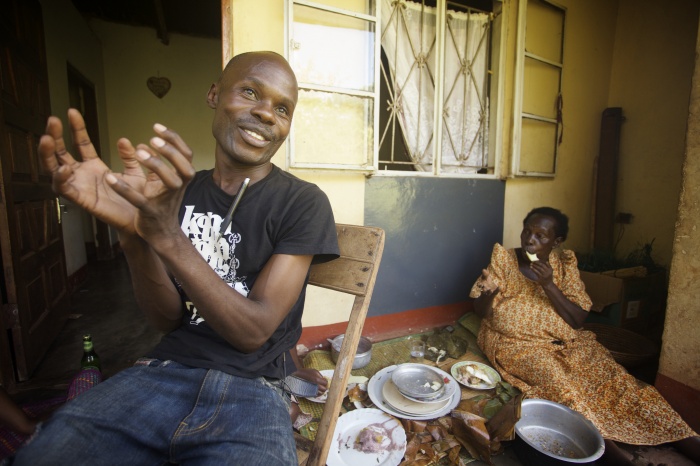The past year was a turbulent one for the Victoria Film Festival (VFF), but they’re back with another line-up of independent films to celebrate their 20th anniversary.
With the recent closure of the festival’s main sponsoring venue, Empire Theatres’ Capitol 6, VFF was left scrambling for a new screening location as well as money to update the projector at their own venue, the Vic Theatre.

But festival director Kathy Kay was able to breathe a sigh of relief after successful fundraising efforts allowed them to keep up with the technology required to screen the latest releases. Along with the Vic Theatre’s brand new digital projector, Cineplex Entertainment has offered the Odeon to accommodate film fest crowds.
Last year, the festival saw record-breaking attendance, with 22 feature screenings selling out. This is what makes it all worthwhile, according to Kay.
“When you have a full house and people really love the movie, and you can tell that they’re jiving with it, that feels really good,” she says.
And with 17 years of festival planning under her belt, Kay really knows how to get people excited. To top last year’s opening gala, VFF will be hosting a 1960’s-themed event that will bring to life some of the momentous occasions of that vibrant decade. “This has become one of my favourite things to do,” says Kay, grinning as she talks about the gala.
But it’s not all about the mixed drinks and theme parties: the festival is important because it provides an opportunity for the many facets of our identities to play out onscreen.
“Right now mainstream cinema really is black and white,” says Kay. “With independent film you get a different perspective; people are grey… good people do bad things sometimes.”
Flipping through the 50-plus films in the festival guide, the variety is refreshing: something that big blockbuster films are often unable to offer.
One particularly interesting looking film is Call Me Kuchu. This unsettling documentary exposes the dangers faced by Uganda’s LGBT community amidst the country’s introduction of an anti-homosexuality bill and the murder of gay rights activist David Kato.
Another documentary that stands out, Finding Vivian Maier, gives the audience an intriguing look at a solitary artist introduced to the world through the striking images uncovered in her private photography. Unseen until now, the late Maier’s pictures were discovered at an auction and have become the inspiration and backdrop for this stunning film, directed by John Maloof.
In addition, VFF makes a point of handing the programming over to voices less represented in the industry. For example, filmmaking is still a very male-dominated art form.
“When you look in the program guide, there are four feature films that were directed by women,” says Kay.
As a way to encourage and celebrate female participation, there’s Women in the Director’s Chair, a part of the fest that will feature three films made by women, including the documentary Cyber Seniors, directed by Toronto’s Saffron Cassaday.
Originally an actress, Cassaday decided to get behind the camera for Cyber Seniors. In the film, Cassaday and her entirely female crew follow the relationships that bloom out of a program called Cyber Seniors. Developed by Cassaday’s younger sisters, the program teaches seniors how to use computers by pairing them up with a teenage mentor.
But that isn’t the program’s only goal.
“Seniors and teenagers realize that they have a lot more in common than they thought,” says Cassaday, revealing that the film is also about connecting generations.
And, really, events like the Victoria Film Festival remind us how we all have a lot more in common than we thought; the stories on screen can reach out and pull in every one of us, no matter what our background is.
Victoria Film Festival
February 7-16
victoriafilmfestival.com
